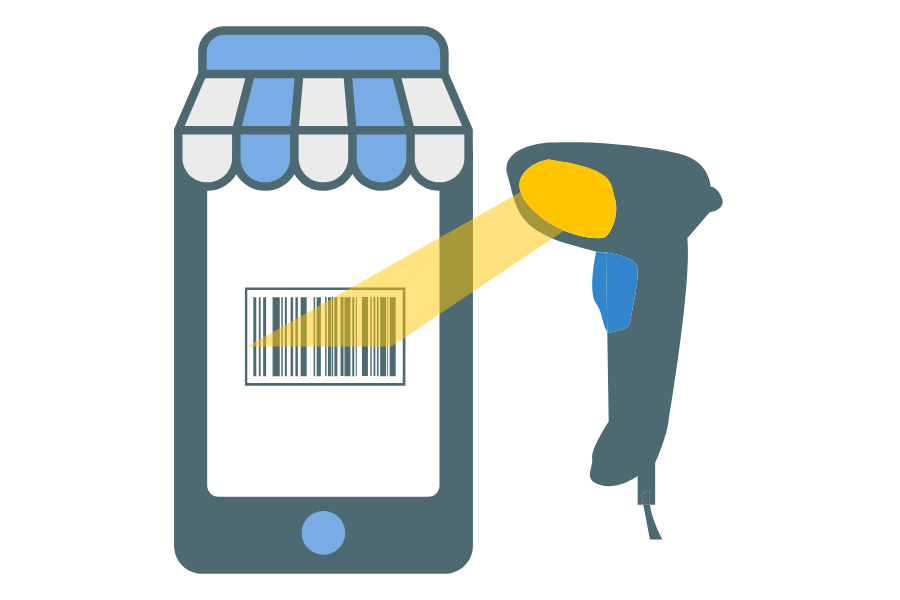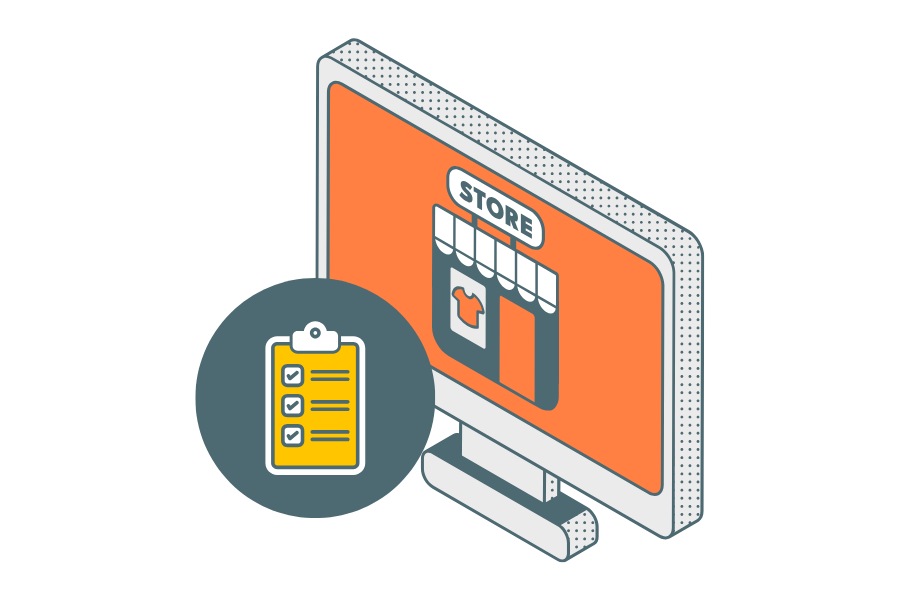SA800 Partnership Tax Return: Who Files and What’s Included
For UK small businesses set up as partnerships, understanding how tax works is key to staying compliant and financially organized. One major part of this process is the SA800 Partnership Tax Return. While the partnership doesn’t pay tax directly, it still has to report income, expenses, and profit shares to HM Revenue & Customs (HMRC).
If you’re navigating accounting services in the UK or managing your own partnership’s tax obligations, knowing who files the SA800, what it includes, and how to avoid penalties will help keep your business on track and compliant with HM Revenue & Customs (HMRC) requirements.
Who Files the SA800 Return?
Filing the SA800 is a responsibility that falls on the partnership itself but is carried out by a nominated partner who acts on behalf of the whole partnership. Here’s what you need to know:
- Nominated Partner: When a partnership forms, partners usually select one individual to be responsible for submitting the SA800 return. This nominated partner handles registration, record-keeping, and filing with HMRC.
- HMRC Nomination: If no partner is nominated, HMRC will assign one partner by sending them the SA800 notice, which legally makes that person responsible for filing.
- Individual Partner Registration: Although the partnership files the SA800 collectively, each partner must register separately for self-assessment to file their own personal tax return (SA100).
What’s Included in the SA800?
The SA800 provides HMRC with a detailed view of the partnership’s financial activities and how profits or losses are distributed among partners. Key components include:
- Income and Expenses: A full account of the partnership’s income streams and deductible expenses during the tax year.
- Partner Details: Names, addresses, National Insurance numbers, and Unique Taxpayer References (UTRs) for every partner in the partnership.
- Profit and Loss Allocation: The exact share of profits or losses assigned to each partner based on the partnership agreement.
- Partnership Statement: A summary document included in the SA800, available in two formats:
- Short Version: For partnerships with up to three partners and straightforward income types.
- Full Version: For partnerships with up to six partners or those with more complex income sources.
✅ Your books should work as fast as you do. Get real-time insights, automated reports, and expert guidance—all in one place. Experience live accounting here.
Supplementary Pages
Depending on the nature of the partnership’s income, additional supplementary pages may be required alongside the main SA800 return:
- SA801: For UK property rental or land income earned by the partnership.
- SA802: For foreign income received by the partnership.
- SA803: For disposals of chargeable assets by the partnership, relevant to capital gains.
- SA804: For other income such as savings, investments, or miscellaneous earnings.
Filing Deadlines and Penalties
Meeting HMRC’s deadlines is critical to avoid fines or penalties. Keep these important dates in mind:
- Paper Returns: Must be filed by 31 October following the end of the tax year.
- Online Returns: Must be submitted by 31 January.
- Penalties: Late submissions incur an initial £100 penalty per partner, which can increase with further delay. Timely filing helps maintain compliance and protects the partnership’s reputation with HMRC.
How Professional Accounting Services Can Help
Navigating partnership tax returns can be complex, especially for UK small businesses managing multiple partners and diverse income streams. Professional accounting services provide valuable support by:
- Ensuring Accurate Filing: Specialists understand the detailed requirements of the SA800 and supplementary pages, reducing errors.
- Optimising Profit Allocation: They help ensure that profit shares reported reflect the partnership agreement and HMRC’s expectations.
- Maintaining Proper Records: Keeping up-to-date and organised financial records eases the preparation and submission process.
- Meeting Deadlines: Proactive management prevents costly penalties and helps partners focus on running the business.
- Handling Changes in Partnership: Whether partners join or leave, accountants ensure tax returns reflect these changes accurately and comply with regulations.
Summary
The SA800 Partnership Tax Return is a key part of how tax works in a UK business partnership, requiring one nominated partner to file on behalf of all. It reports detailed income, expenses, partner details, and how profits or losses are split. Additional supplementary pages may be necessary depending on the partnership’s income types. Timely submission of the SA800 is crucial to avoid penalties. While the partnership itself does not pay tax, each partner reports their share of income on personal self-assessment returns. Professional accounting services play an essential role in helping UK small businesses manage these obligations efficiently, ensuring accurate reporting and compliance with HMRC.
Your Next-Level Accounting Team: AI That Learns + Experts Who Care
Tired of Teaching Every New Accountant About Your Business? Traditional accounting services mean repeatedly explaining your business to new staff. Modern companies need systems that learn and remember—exactly what most accounting firms can’t deliver.
Counto’s intelligent accounting service adapts to your business. Our AI learns your specific patterns and transactions, then handles your daily bookkeeping automatically. Expert accountants review everything for accuracy, and your dedicated Customer Success Manager is always just a message or call away. No more repeated explanations, no more basic questions—just accounting that understands your business.
Join small businesses saving hours monthly on financial management with our outsourced accounting solution. Plus, with our AI handling the routine work, you’ll get better insights at a fraction of the cost of a full-time bookkeeper. Ready to upgrade your accounting? Chat with us now, email [email protected] , or use our contact form.







